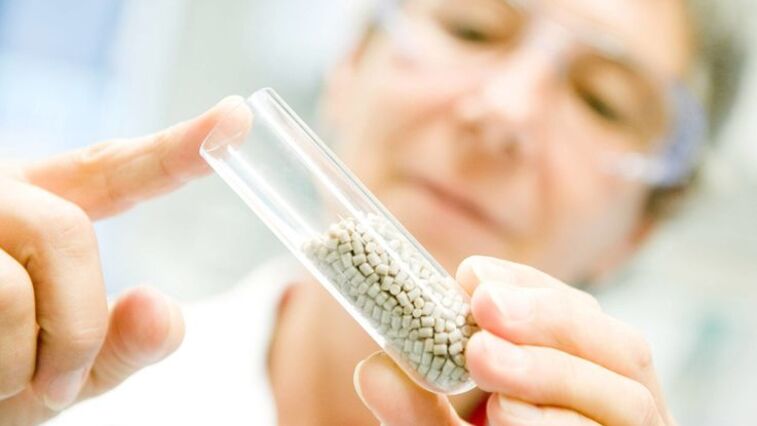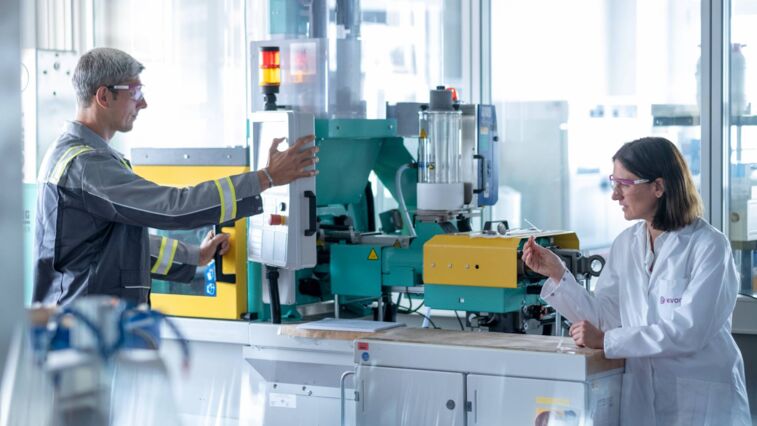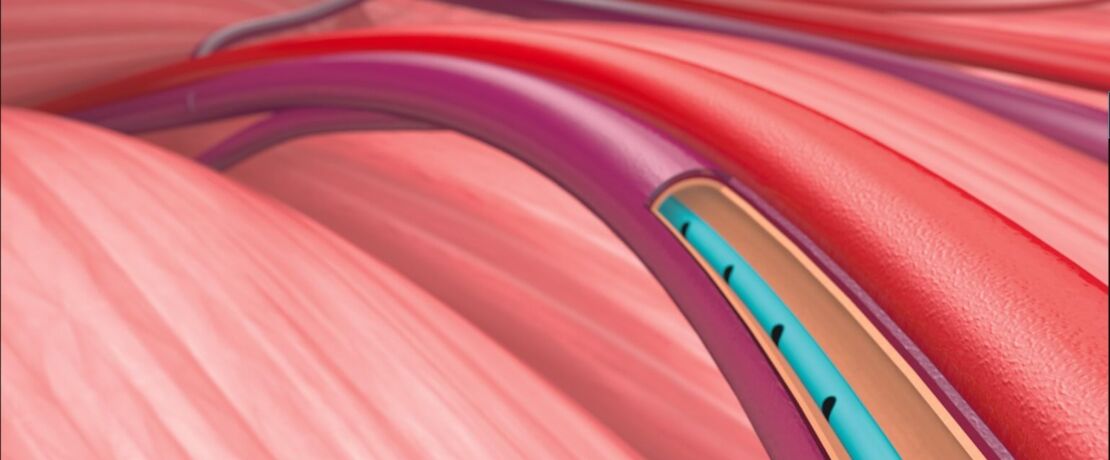
Proprietary surface modification technology to improve medical device safety and functionality
ENDEXO® LOW MOLECULAR WEIGHT ADDITIVES FOR PASSIVE SURFACE MODIFICATION
Endexo® is a proven surface modification technology based on low molecular weight fluoro-oligomers to enhance the biocompatibility of medical devices that come in contact with blood, tissue, or other biological fluids. These additives are blended at low concentrations into a base polymer during standard manufacturing processes and migrate to the device surfaces, creating a unique surface chemistry at the interface of the device and its environment.
Being a highly versatile platform for surface modification, Endexo® can be tailored to be compatible with a broad range of base polymers (e.g. TPUs, PSU, PVC, PP, PEBA, and silicone) and manufacturing techniques (e.g. extrusion, solution spinning, and injection molding). Endexo® surface modifying additives become an integral part of the base material, providing a permanent and durable modification of surface properties with no impact on device dimensions or functionality. As a specialty chemical (not a drug or biologic), Endexo® does not require any special packaging or handling.
ENDEXO® - a strong portfolio of bioresorbable polymers for many different applications
ENDEXO® can be used in different application areas:
UP TO A 99% REDUCTION IN PLATELET ADHESION AND THROMBUS FORMATION VIA SURFACE MODIFICATION
Thrombus accumulation on blood contacting-devices such as catheters, vascular stents, or hemodialyzers can lead to adverse complications including device occlusion, deep vein thrombosis, or stroke. By reducing adhesion and activation of blood components, the Endexo® surface modification technology minimizes the risk of thrombosis and associated complications.
In-vitro blood loop studies show up to 99% reductions in thrombus on Endexo® surface modified vascular access catheters and drainage catheters, compared to unmodified devices or other commercial products.1,2,3,4 Flow studies also show Endexo® surface modified neurovascular drainage catheters were approximately eight times less likely to become obstructed than comparative commercial drainage catheters,.4,5
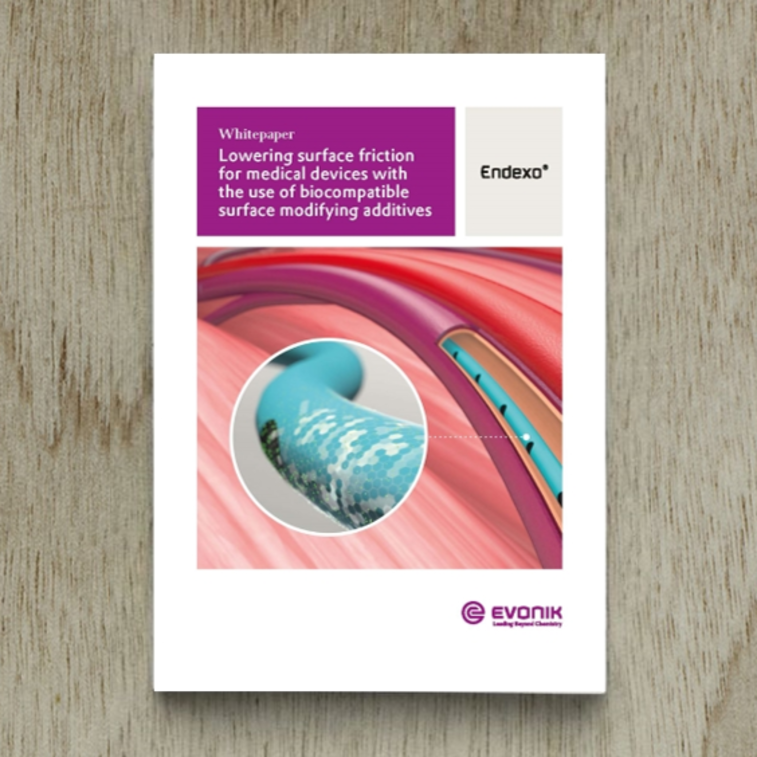
In our latest whitepaper Evonik's surface modification experts Alexandra Piotrowicz and Antonio Cillero show you how the use of additive-based surface modification technologies represent a cost-efficient alternative to avoid many of the developmental, regulatory, and manufacturing challenges associated with conventional coatings.
ENDEXO® MODIFIED SURFACES EXHIBIT UP TO A 5-LOG REDUCTION IN BACTERIAL ADHESION
Medical devices are susceptible to biofouling due to the adhesion of bacteria or other microorganisms, resulting in the formation of biofilms that can be resistant to antimicrobials and cause bloodstream or urinary tract infections. In urological devices, adhesion of bacteria can further increase the risk of failure and complications due to encrustation. Endexo® surface modification technology can substantially reduce bacterial adhesion and biofilm formation on device surfaces without the use of antimicrobials or antiseptics. By reducing bacterial adhesion, the risk of device-related infection can be minimized.
In-vitro flow studies have shown up to a 5 log (>99.9%) reduction in adhesion on Endexo® surface modified catheter tubing compared to unmodified control tubing, preventing the formation of biofilm within the catheter lumen.6 Two week in-vitro encrustation studies in artificial urine with Proteus mirabilis urease-producing bacteria have shown approximately 50% reduction in encrustation mass on Endexo® surface modified catheter tubing compared to unmodified control tubing. Endexo® is effective across multiple bacterial species and in various media or conditions.6
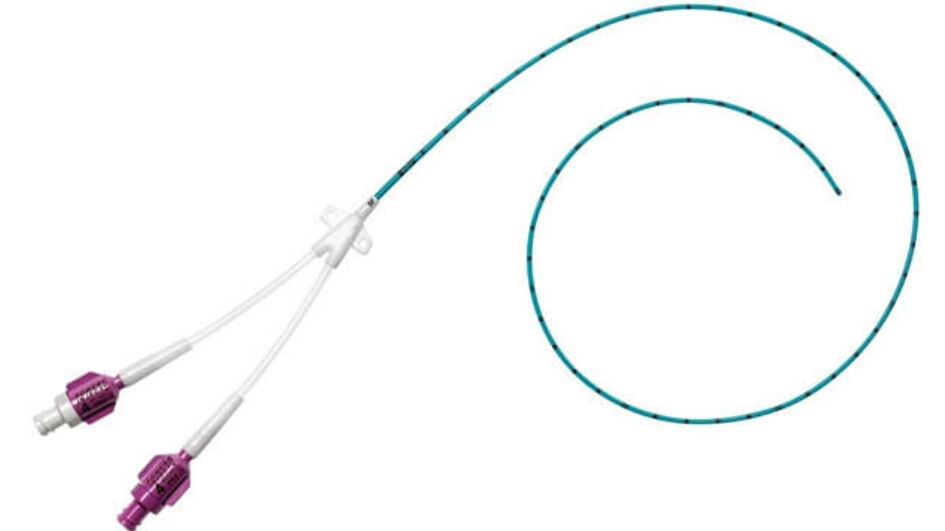
SIGNIFICANTLY REDUCE SURFACE FRICTION AND IMPROVE DEVICE FUNCTIONALITY
Many medical devices such as interventional catheters require low-friction surfaces to achieve lower insertion forces, easier trackability, reduced tissue inflammation, and improved patient comfort. Low friction device surfaces have traditionally been created via the application of hydrophilic or hydrophobic coatings. Such coatings can however be associated with challenges relating to manufacturing, cost and durability. Evaluations of catheter prototypes with various base polymers indicate that Endexo® surface modification can reduce the coefficient of friction (CoF) by more than 80% compared to unmodified devices.6 The effect is shown to be durable after multiple cycles of use.
ENDEXO® SURFACE MODIFIED DEVICES ARE PROVEN TO GENERATE POSITIVE CLINICAL OUTCOMES
Clinical performance of medical devices with Endexo® surface modification technology currently on the market highlight the benefits for patient safety and outcomes. Surface modified vascular access catheters with Endexo® technology show significant reductions in device-related complications including DVTs (deep vein thrombosis) and occlusion. Endexo® modified catheters decreased DVT rates by approximately 50% and the use of a thrombolytic drug by approximately 70% .7 External ventricular drainage devices with Endexo® technology show significant reductions in lumen occlusion and less flushing required during use.5 The benefits of Endexo® surface modification are devices that are safe, improve patient care and quality of life, and reduce overall healthcare costs.

